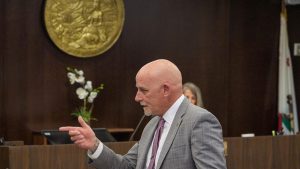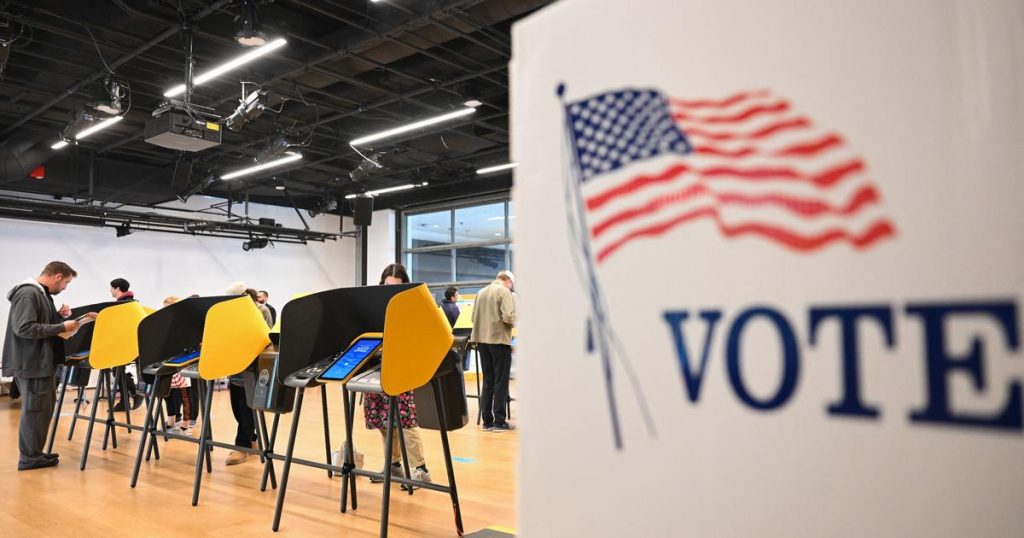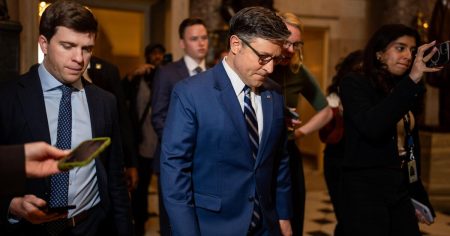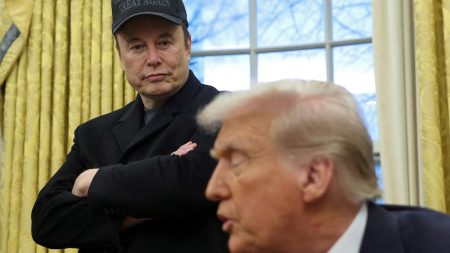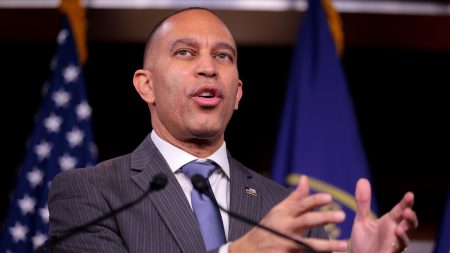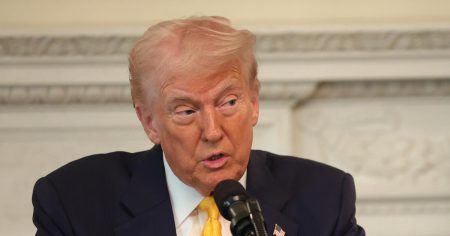Recent Changes in U.S. Cybersecurity Policy: Implications for Election Security
Introduction to the Shift in Cybersecurity Focus
In recent weeks, the U.S. government has made significant changes to its cybersecurity policies, particularly in the realm of election security. These changes have raised concerns among federal lawmakers and election officials nationwide, who have come to rely on federal agencies for protection against foreign interference in elections. The U.S. Cybersecurity and Infrastructure Security Agency (CISA) has been at the center of these changes, with key personnel being let go and critical programs being defunded. These moves have sparked fears about the country’s ability to defend its election systems against foreign meddling, especially as the 2024 presidential election approaches.
Leadership and Policy Changes: A New Direction
One of the most notable changes came on February 5, when Attorney General Pam Bondi disbanded the FBI task force that was specifically targeting foreign influence operations from countries like Russia, China, and Iran. This move was followed by an internal memo from CISA’s acting director, Bridget Bean, announcing an investigation into all election security-related programs and positions, dating back to the Trump administration. The memo also revealed the defunding of a nationwide training program for state and local officials, which provided threat monitoring services through the "Elections Infrastructure Information Sharing and Analysis Center." These changes have shifted the focus of election security efforts from proactive defense to internal review, raising questions about the agency’s direction and priorities.
Reactions from State Officials and the Importance of Federal Support
The changes at CISA and the FBI have been met with strong opposition from state officials, who emphasize the critical role federal agencies play in protecting election systems. Minnesota Secretary of State Steve Simon highlighted the historical context, pointing to Russia’s attempts to interfere in the 2016 election, which led to the designation of elections as critical infrastructure in 2017. Arizona Secretary of State Adrian Fontes likened the cuts to shutting down the National Oceanic and Atmospheric Administration (NOAA) ahead of hurricane season, stressing the importance of federal support in safeguarding elections from foreign threats.
The Broader Implications of Reduced Cybersecurity Efforts
The decision to disband the FBI task force and reduce CISA’s role in election security has broader implications for the country’s ability to detect and respond to foreign interference. Federal agencies like CISA and the FBI provide a unique "birds-eye view" of the threat landscape, which state and local governments lack. This includes identifying the source of cyberattacks, whether they originate from nation-states like Russia, China, or Iran, or from criminal actors. Without this federal support, state officials are left with limited visibility and fewer resources to combat disinformation and other forms of foreign meddling.
What’s Next for U.S. Election Security?
The future of U.S. election security remains uncertain as the new administration continues to reshape the role of federal agencies in this space. CISA is currently without a permanent director, and the agency’s highest-ranking political appointee, Karen Evans, is serving as a senior adviser. Meanwhile, the agency is conducting an internal investigation into its election security activities, with findings set to be released in early March. The outcome of this investigation could further redefine CISA’s mission and its role in protecting elections from foreign interference.
Conclusion: Balancing National Security and Free Speech
The changes to U.S. cybersecurity policy have sparked a heated debate about the balance between national security and free speech. While some conservatives have accused federal agencies of overstepping their authority by policing online content, others argue that these efforts are essential to protecting the integrity of U.S. elections. As the country approaches the 2024 presidential election, the decisions made now will have lasting implications for the security and trustworthiness of American democracy. The challenge moving forward will be to find a way to safeguard elections from foreign interference while ensuring that the rights of American citizens are not infringed upon.


